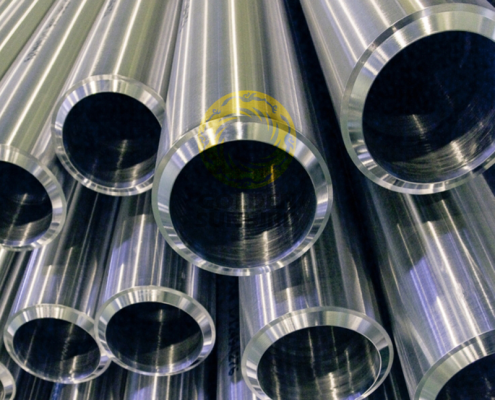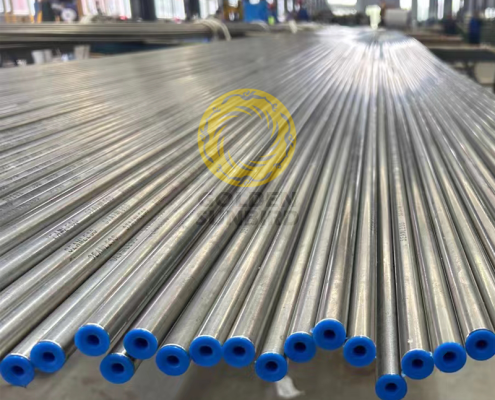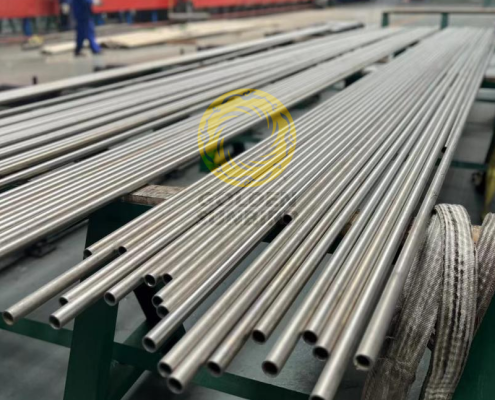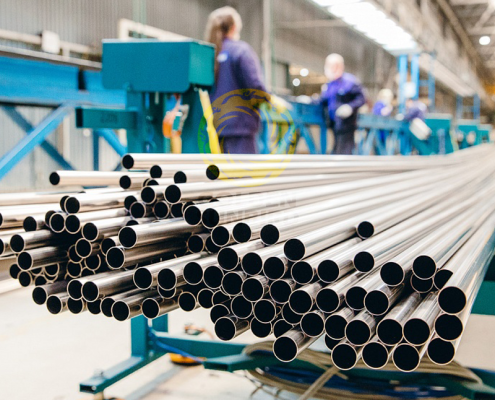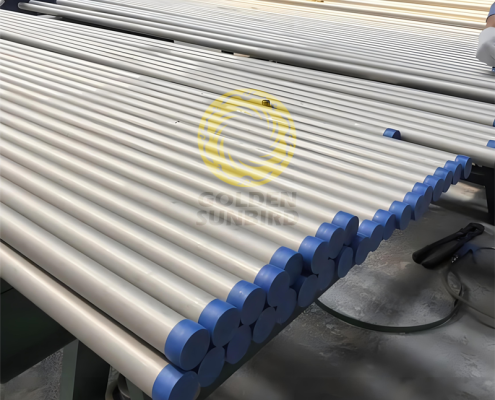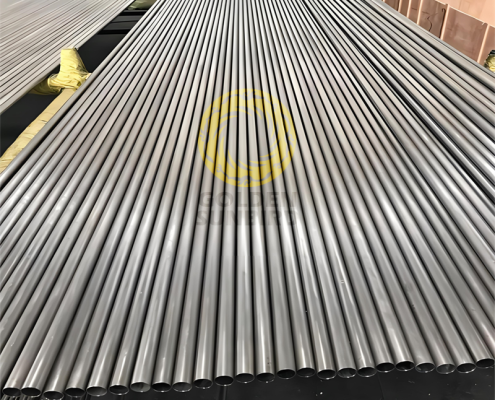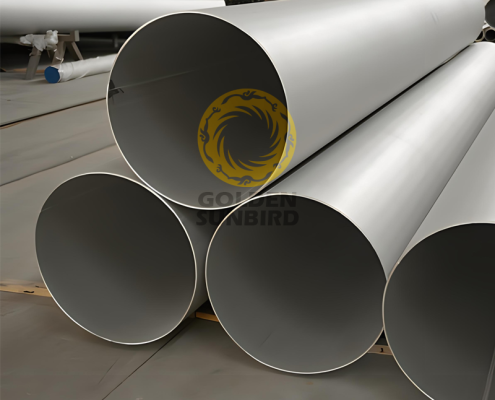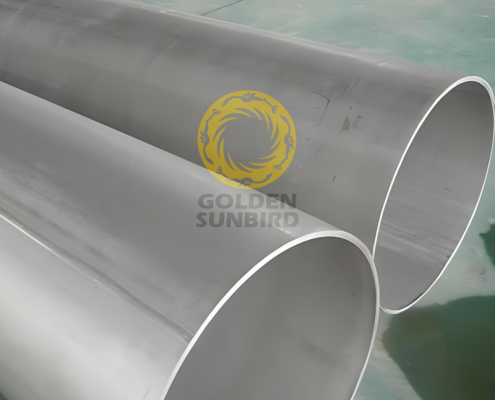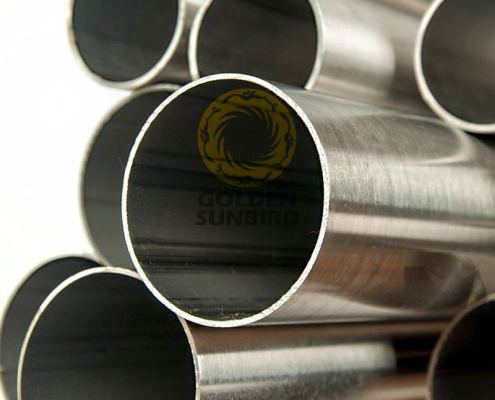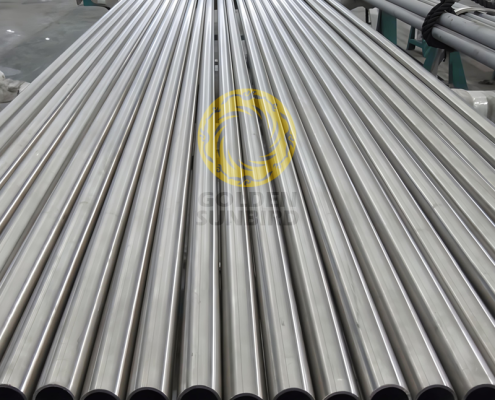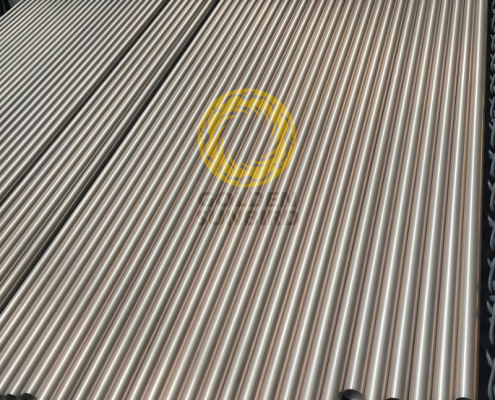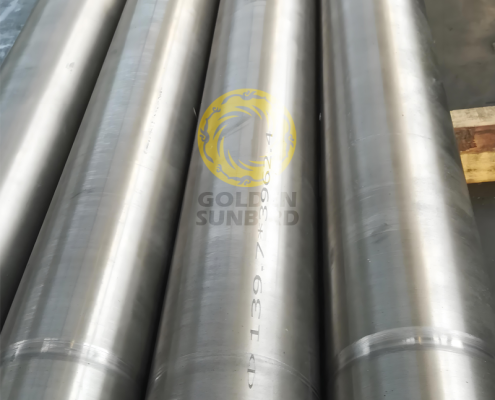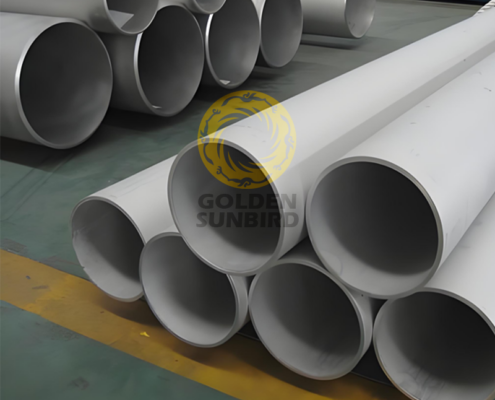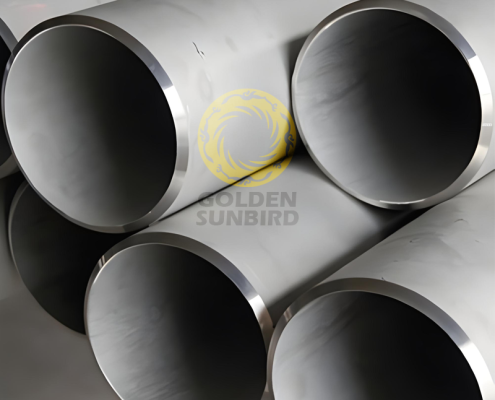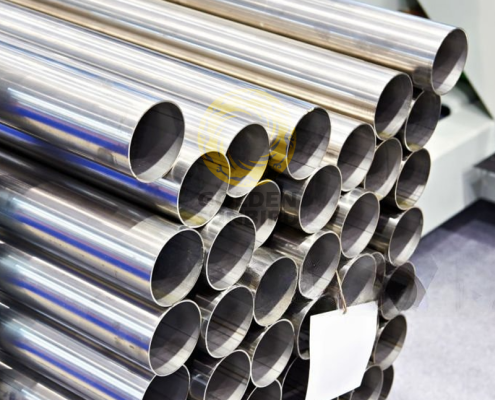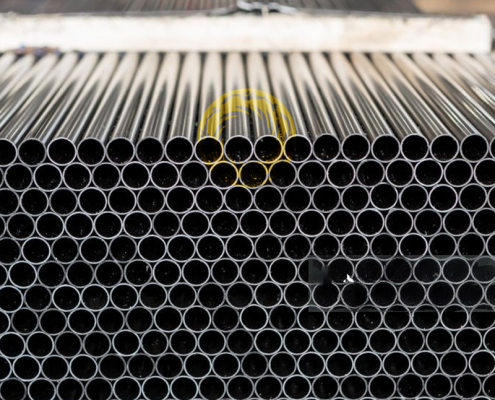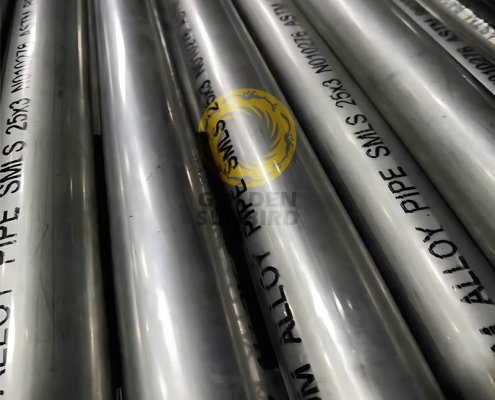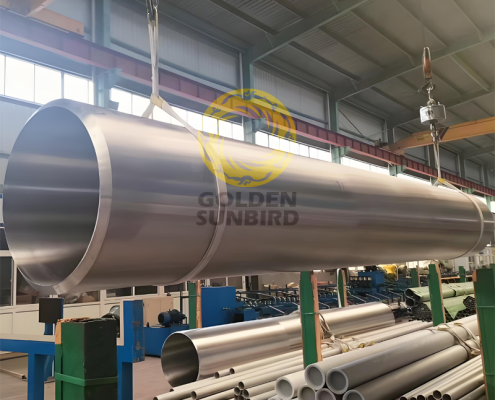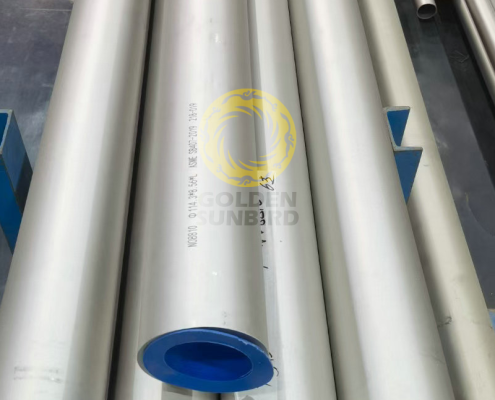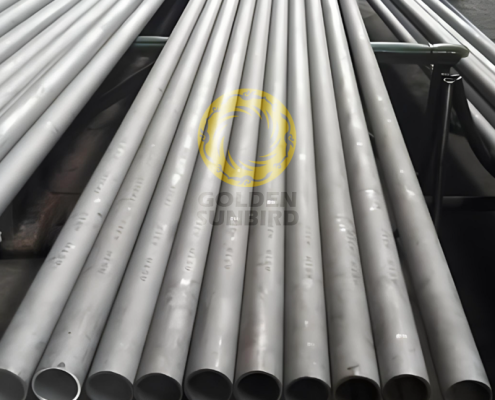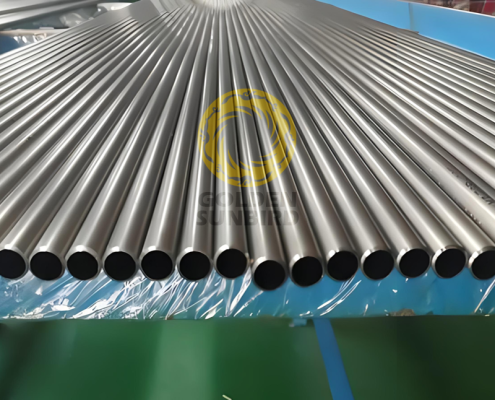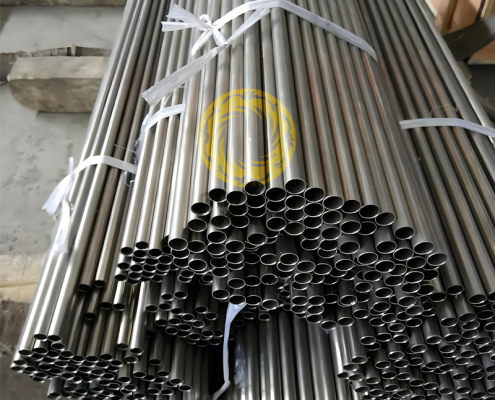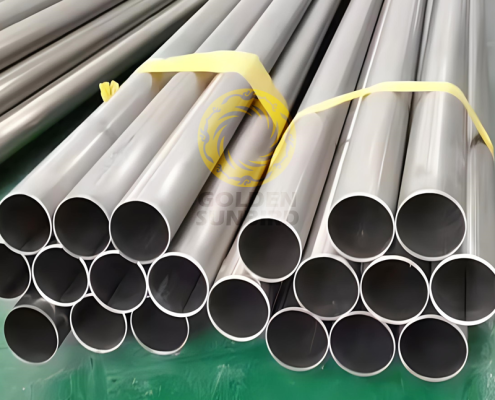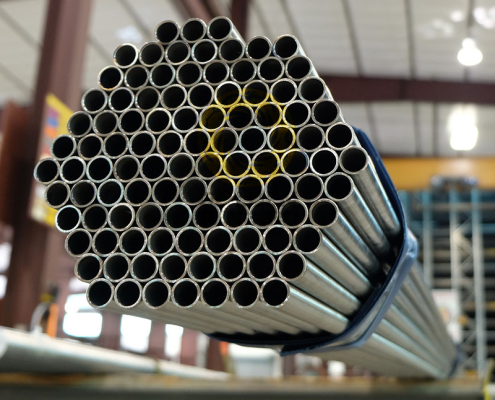Golden Sunbird Metals is a professional supplier of nickel alloy pipes and tubes. We offer high-quality nickel alloy pipes and tubes at wholesale prices. Our products stand out for their exceptional durability, heat and corrosion resistance, and superior performance under challenging environments, and they serve in aerospace, chemical process piping, oil and gas, power generation, desalination plants, automotive, marine engineering, and heat exchangers. If you want to buy nickel alloy pipes and tubes in bulk or find a customized nickel alloy pipes and tubes supplier or solution company, please feel free to contact [email protected].
FAQs
What Are Nickel Alloy Pipes and Tubes?
Nickel alloy pipes and tubes are cylindrical stock materials fabricated from nickel-based alloys, designed for use in various industrial applications that demand high resistance to corrosion and heat. These alloys typically include additional elements such as chromium, molybdenum, and copper, which contribute to the material’s ability to withstand harsh environments.
- Important Information:
- Nickel alloy pipes and tubes are made from nickel-based alloys.
- They are used in industries that require materials with high corrosion and heat resistance.
- The composition often includes chromium, molybdenum, and copper.
How Are Nickel Alloy Pipes and Tubes Manufactured?
The manufacturing process of nickel alloy pipes and tubes generally involves melting the alloy material, followed by forming it into a tubular shape through extrusion or drawing processes. The specific method chosen depends on the desired dimensions and properties of the finished product. After shaping, the pipes and tubes are subjected to heat treatment to enhance their mechanical properties and surface finishing to improve corrosion resistance.
- Important Information:
- Manufacturing involves melting the alloy and forming it into tubular shapes.
- Methods include extrusion or drawing, based on the product’s required dimensions and properties.
- Heat treatment and surface finishing are applied to enhance properties.
What Are the Key Applications of Nickel Alloy Pipes and Tubes?
Nickel alloy pipes and tubes find their applications in sectors that demand materials capable of enduring extreme conditions. Notably, they are used in the chemical processing industry for piping systems that transport corrosive substances. In the oil and gas sector, they are utilized for offshore rigs and processing equipment. Additionally, their high-temperature resistance makes them suitable for aerospace engine components and nuclear power generation systems.
- Important Information:
- Used in chemical processing for transporting corrosive substances.
- Utilized in oil and gas for offshore rigs and equipment.
- Applicable in aerospace engines and nuclear power systems due to high-temperature resistance.
Can Nickel Alloy Pipes and Tubes Be Repaired?
Yes, nickel alloy pipes and tubes can be repaired, but the method and feasibility of repair depend on the extent of the damage and the specific alloy composition. Welding is a common repair technique, but it requires expertise to ensure that the repair does not compromise the material’s corrosion resistance or mechanical properties. For significant damage, replacement may be more cost-effective than repair.
- Important Information:
- Repair is possible, often through welding.
- Repair techniques depend on the damage extent and alloy composition.
- Significant damage may make replacement more cost-effective than repair.
What Are the Limitations of Nickel Alloy Pipes and Tubes?
While nickel alloy pipes and tubes offer significant advantages, they also come with limitations. The cost of nickel alloys can be higher than that of other materials, which may impact budget considerations for some projects. Additionally, their high strength and corrosion resistance can complicate machining and fabrication processes, requiring specialized equipment and expertise. Environmental factors, such as extremely high temperatures and certain chemical exposures, can also limit their performance.
- Important Information:
- Higher cost compared to some other materials.
- Machining and fabrication can be challenging due to their strength and corrosion resistance.
- Performance may be limited by extreme temperatures and specific chemical exposures.

